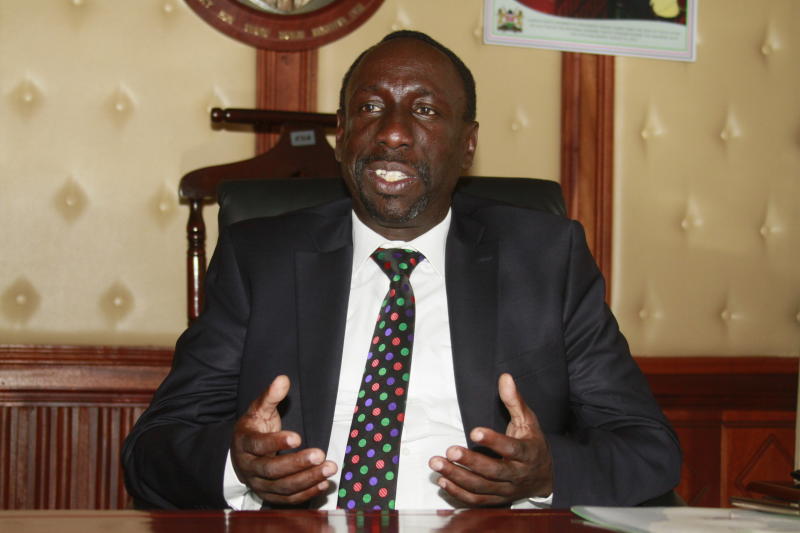×
The Standard e-Paper
Home To Bold Columnists

Deputy Speaker Moses Cheboi. [Boniface Okendo, Standard]
The much-anticipated debate on the Political Parties Amendment Bill failed to take off yesterday after National Assembly Deputy Speaker Moses Cheboi pulled the plug on it in a controversial decision that left all sides guessing as to what was the end game of the ruling.